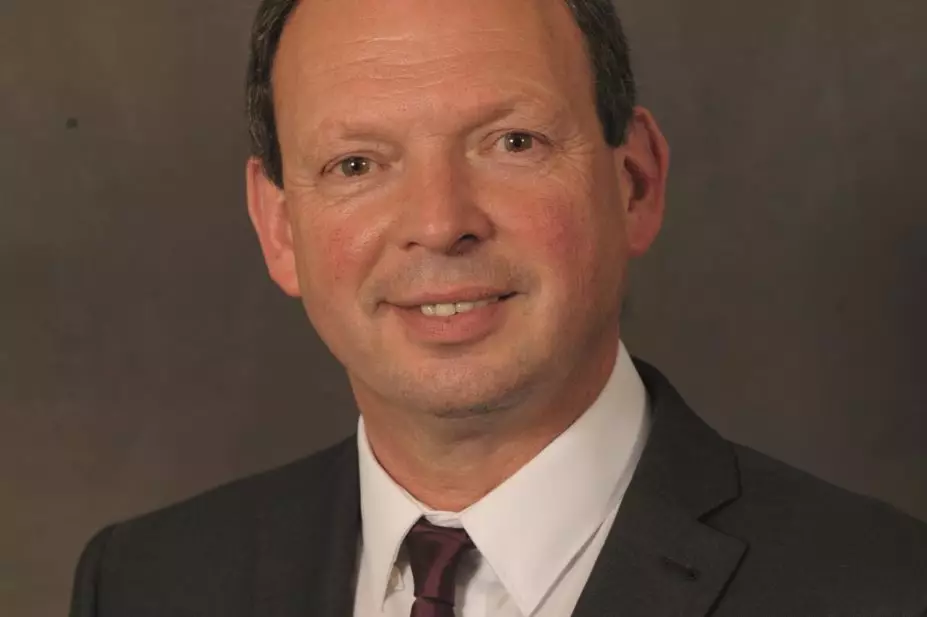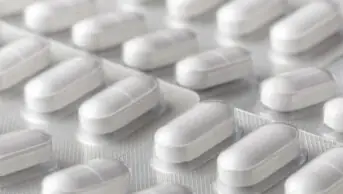
NPA
An unprecedented delay in reaching a national agreement on drug price concessions for generic products has led to community pharmacists facing the “worst month for 30 years”, according to one representative body.
Community pharmacists are facing increasing cash-flow problems after the Department of Health (DH) agreed only 38 of 97 generic price concessions listed by the Pharmaceutical Services Negotiating Committee (PSNC) for November by the end of the month.
The delay is bad news for pharmacies which are already facing business pressures caused by funding cuts in England and changes to the reimbursement for category M medicines.
It is the first time that price concessions have not been settled in the month they were applied for: “It’s a very difficult situation at the moment. We are in unchartered waters,” the PSNC said.
Chair of the National Pharmacy Association, Ian Strachan, said: “November has been the worst month I can ever recall since qualifying in 1986.”
National negotiators traditionally apply to the DH for a price concession when a product is only available above the agreed drug traffic price — this is often triggered by product shortages.
In November, the PSNC listed 97 price concessions. By the end of the month, 38 had been agreed with the DH, but a decision about the remaining 59 was still outstanding.
The PSNC is in ongoing negotiations with the DH over the outstanding concessions and advised pharmacists to continue to dispense medicines as usual. It refused to name the products as talks were continuing.
It said the impact on individual pharmacies of the failure to reach agreement will vary and depend on whether the generics are frequently prescribed by local GPs.
But the issue is further complicated by two factors — any agreed price concessions only last for the month in which they were applied for, and pharmacists have had to send their prescription bundles to the NHS Business Services Authority for processing on December 5 without knowing the outcome of outstanding drug price concessions.
The PSNC said: “We are continuing to work to ensure that the DH understands the problems and risks if pharmacies are not able to obtain medicines for patients in a timely manner, and to press for better systems to address the impact of high price rises.”
The negotiators are advising contractors to speak to their financial adviser to discover how they can reduce the financial impact on their business cash flow.
Strachan said: “Independent pharmacies are losing money like water through a sieve while these price concessions remain disputed. It is a remarkable display of professionalism and patient care that pharmacists are hunting down stock and supplying at a loss. There is a complex interplay of contributory factors to the current malaise. But there is one clear and simple fact: pharmacists who are playing by the rules and putting the needs of patients first are being penalised. Where is the natural justice in this situation?”
In a statement issued on December 5 2017 the DH said that it was “continuing to consider the outstanding request taking account of the available information on prices and availability.”
It said it recognised that there was the “potential” for contractors to be having cash flow issues and pointed out: “Ministers have responded to two PSNC requests to increase pharmacy contractors’ advance payment.”
The DH said that “concessionary prices” are paid automatically: “There is still time if any further concessionary prices are granted for November, for these to be reflected in contractors’ November payment as per usual timetable.”
It also acknowledged that it was important that patients were able to continue to access medicines in a timely way: “We recognise that it is in everyone’s interest to grant concessionary prices as soon as possible.”


